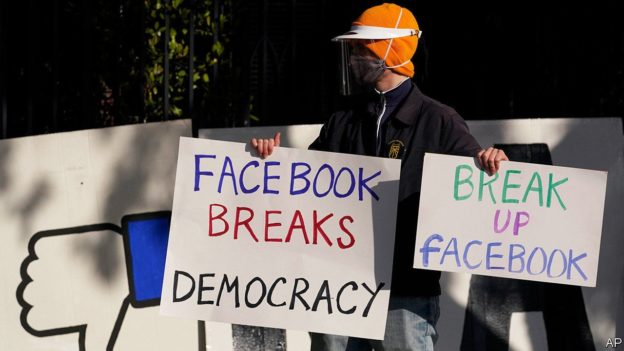LETITIA JAMES, New York’s attorney-general, couldn’t be blunter in describing the antitrust case lodged on December 9th against the world’s biggest social network. “By using its vast troves of data and money Facebook has squashed or hindered what the company perceived as potential threats. They’ve reduced choices for consumers, they stifled innovation and they degraded privacy protections for millions of Americans,” she declared, summarising the accusations. Forty-five states joined her bipartisan coalition against the giant. Separately, the Federal Trade Commission (FTC) sued Facebook for monopolistic practices in social-networking and demanded remedies including the firm’s break-up.
A few years ago co-ordinated action by 46 states and the FTC that could split Facebook apart was unthinkable, says Lina Khan, an antitrust scholar at Columbia Law School. But the case is about more than narrow competition law. The controversies around Facebook’s privacy practices, the spread of fake news and conspiracy theories on the platform, and its exploitation by authoritarian regimes mean regulators and politicians are set on forcing change.
Will they succeed? The cases look strong. Experts judge Facebook to be the lowest-hanging antitrust fruit, alongside Google (which America’s Justice Department sued over alleged monopoly abuses…
Read More

Comments are closed